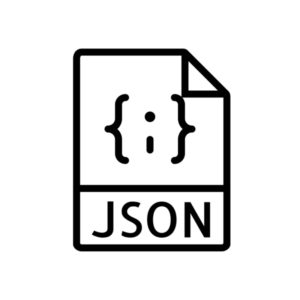Learn JSON and how to implement JSON within an Oracle Database! Updated for Oracle Database 23c!
JSON has become the preferred standard for data interchange and is used in most application APIs today. It’s essential knowledge for Oracle Developers!
Configuration is straight forward, but the ability to manipulate JSON data requires an understanding of various new features in Oracle. We will demonstrate the primary features you will need, together with recommendations when to use each. You will do hands on labs to reinforce each feature.
This is an introduction to JSON, so you do not need any JSON background. But you do need a working knowledge of relational database concepts and Oracle’s implementation of SQL. Knowledge of PL/SQL will only be needed for the last topic: manipulating JSON data in PL/SQL.

This class is given as either public or private classes. For private classes the course can be customized to meet your specific training requirements.
Technical Requirements
Nothing is required for labs (workshops). SkillBuilders will provide everything you need for all hands-on labs. Modest PC or Mac specs are required to connect to the online class. Detailed specs can be found here.
Also, we strongly recommend using two monitors for this class.
Learn how to Parse JSON in Oracle Database in the Video Below
Course Features
- Lecture 0
- Quiz 0
- Duration 4 Half Days (~16 hours)
- Skill level All levels
- Language English
- Students 7
- Assessments Yes

In this hands-on online course we will provide answers to all the following questions:
- What is JSON and what is it used for?
- How can I store JSON data in the database?
- How can I update JSON data in the database?
- How can I access JSON data that is stored in the database?
- How do I retrieve the entire JSON data structure?
- How do I retrieve just the parts of the JSON data that I need?
- How can I convert JSON data into relational data to store in the database?
- How can I convert relational data in the database to JSON if needed?
- How do I manipulate JSON data in PL/SQL?

